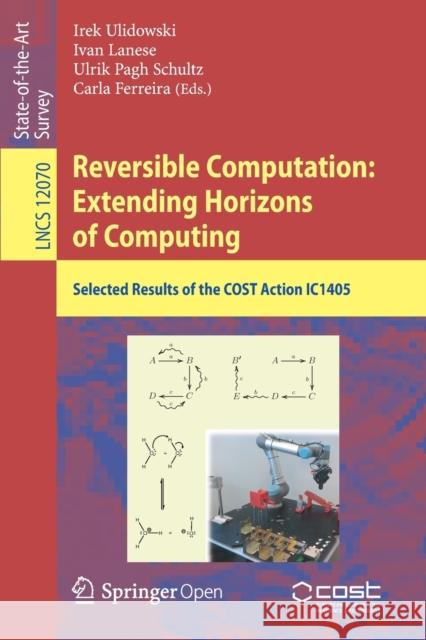Reversible Computation: Extending Horizons of Computing: Selected Results of the Cost Action Ic1405 » książka
topmenu
Reversible Computation: Extending Horizons of Computing: Selected Results of the Cost Action Ic1405
ISBN-13: 9783030473600 / Angielski / Miękka / 2020 / 237 str.
Kategorie:
Kategorie BISAC:
Wydawca:
Springer
Język:
Angielski
ISBN-13:
9783030473600
Rok wydania:
2020
Wydanie:
2020
Ilość stron:
237
Waga:
0.36 kg
Wymiary:
23.39 x 15.6 x 1.35
Oprawa:
Miękka
Wolumenów:
01
Dodatkowe informacje:
Wydanie ilustrowane











